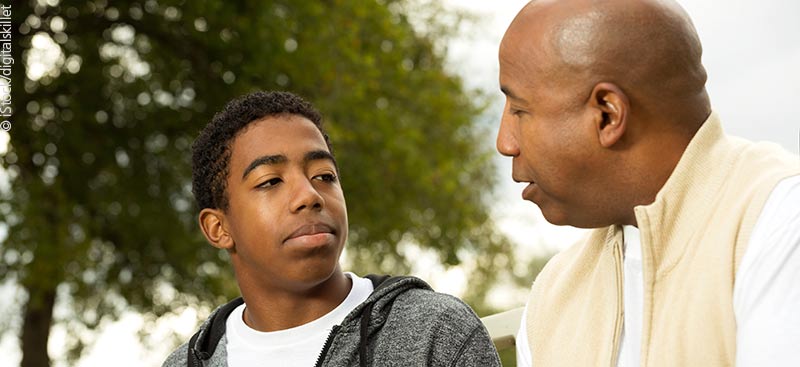OMG, who am I? The tween and teen years are a time for seeking answers to this universal, developmentally appropriate and daunting question. The common belief that peers are the truth-tellers and parents are the ones who don’t understand is pervasive. They see life as heartbreaking, thrilling, dreadful, humiliating and profound, sometimes simultaneously. Emotions come in extremes.
If only there was a CliffsNotes titled “Values, Morals and Ways of Being for Teens!” Your teenager would probably like this in the form of a meme or emoticon; however I am going to take the more traditional path here and employ the old-fashioned art of the written word.
Here are five things you can do to assist them in their process of self-exploration.
1. When they push you away, remind them your love is constant
They will do that thing they did when they were toddlers, asking you to come close and then go away. Know that even if they say they don’t want you around, they do.
Reminding your teen of your love can be tough to do when you are met with defiance, attitude, impatience or what can seem like a lack of love. However, this is precisely when they need to hear that your love is constant and that they are lovable despite how they might feel about themselves.
2. Teach them that feelings aren’t facts.
Adolescents often act out, or act in (in the form of self-harm), because they believe how they feel is wrong. This in turn leads them to believe that who they are is wrong. Of course, it’s natural to have ‘mixed emotions’ and teenagers have many. Those who understand that having a range of emotions is natural often feel more in control of their feelings, which leads to better decision making, and a more developed sense of self.
3. Help them understand why their emotions feel so big and why paying attention is important.
Feelings are complex for teens for a number of reasons — among them hormones, external pressures and the fact that neurologically, the ”pause button” part of the brain hasn’t fully formed. In fact, when teens say “I can’t help it,” sometimes they are telling the truth. They often pay too much or too little attention to their emotions, or are harsh critics of their feelings. The result can be a build-up of emotions leading to poor judgment, low self-esteem, isolation and destructive behaviors. Studies show the brain does not fully develop until the mid-20s. The areas responsible for higher-level thinking, such as controlling impulses and planning ahead, are the last to mature. This explains why your child might seem closer to adulthood than childhood, but he’s not there just yet.
4. Remind yourself, and your child, that the teen years are a process of maturation, gaining experience and learning through trial and error.
When we acknowledge what our teenagers are going through and help them understand that it’s natural, they are more inclined to pick up and try again when things don’t go their way — even while hormones rage and distractions and impulses take center stage.
5. Support teens in understanding that even though their behavior sometimes seems beyond their control, their actions — and their reactions — matter.
Common complaints about teenagers are that they lack remorse, don’t take ownership for their behavior and are unresponsive after making a mistake. They will need to understand that actions cause reactions. Instead of feeling guilt or frustration about a mistake, they must learn how to communicate and admit when they’re having a hard time. Help them discover that recognizing and taking responsibility when they are wrong actually feels better than keeping a difficult issue to themselves.
In Conclusion
When teenagers engage in impulsive behaviors, are critical of themselves and others without reprieve, and begin to look at their parents as embarrassing people who no longer understand them, remember that all of this is normal and not a sign that anything is wrong. Instead, look at this new stage of parenting as a fascinating opportunity to learn about your child as she matures, and to provide guidance and support as she navigates the tricky teen years.
Liana Unger, MSW, is coordinator at Parents Place, a division of Jewish Family and Children’s Services.
A version of this post originally appeared at www.jweekly.com.



